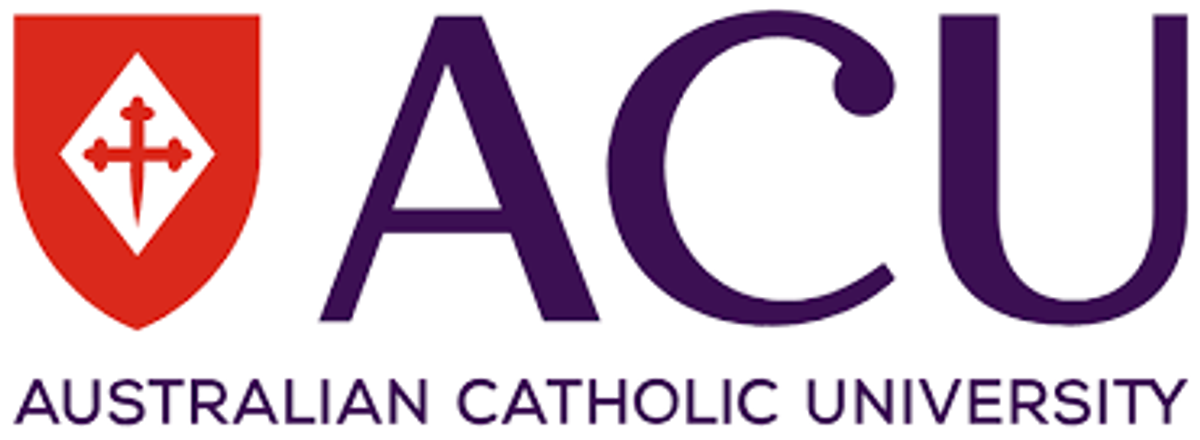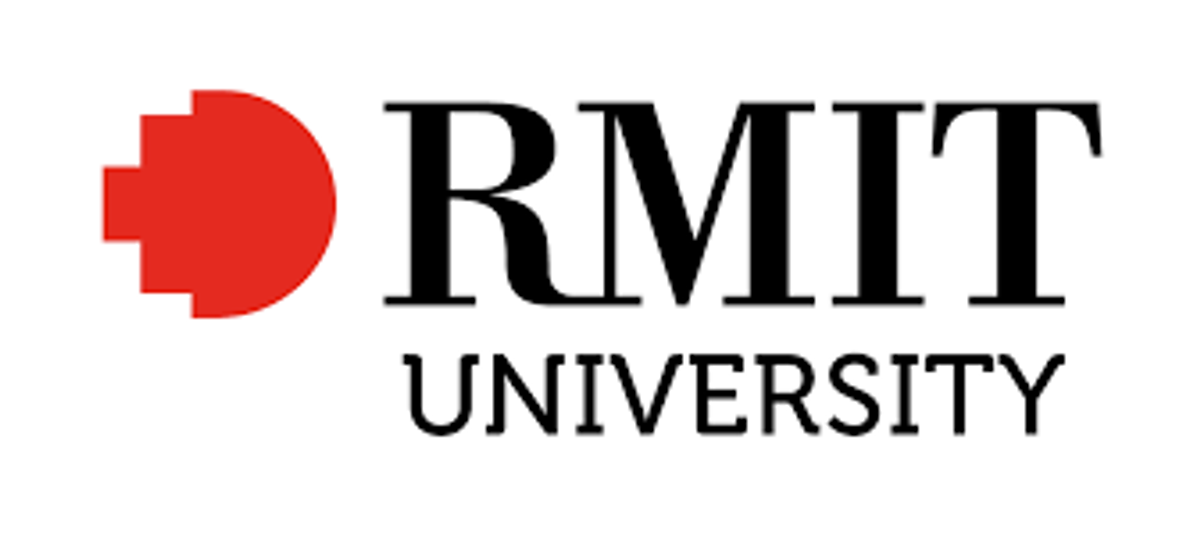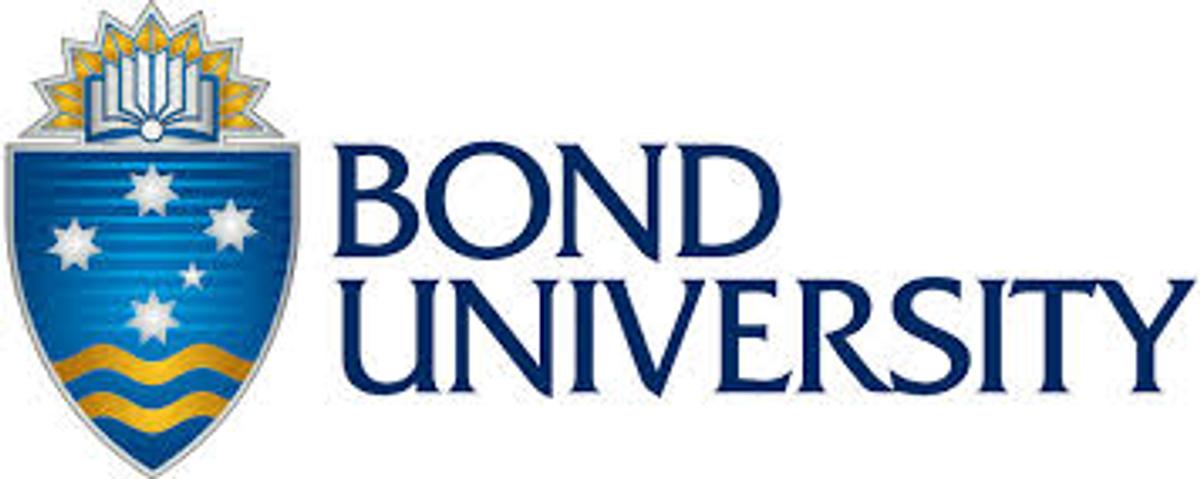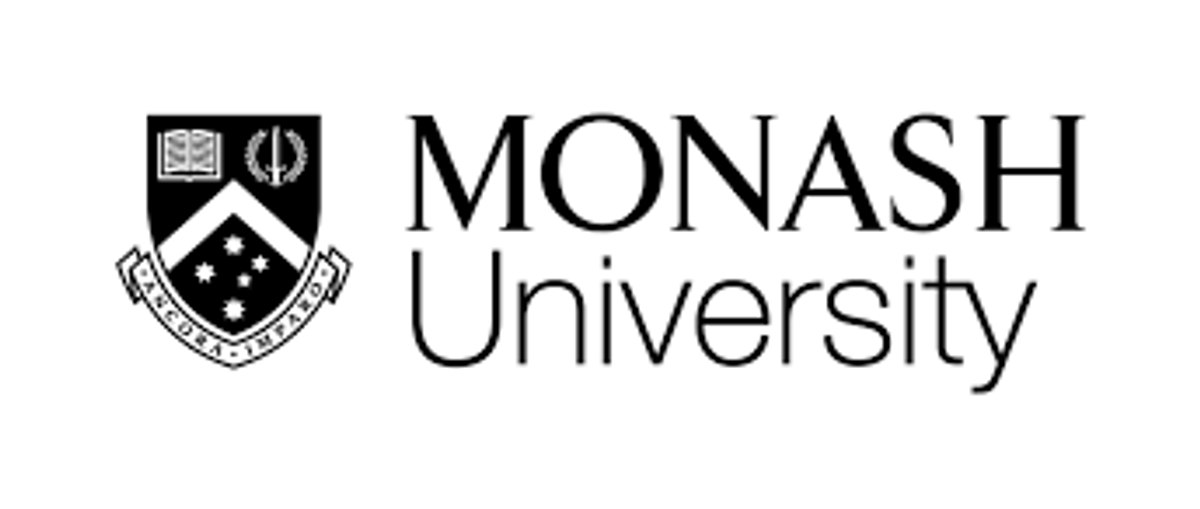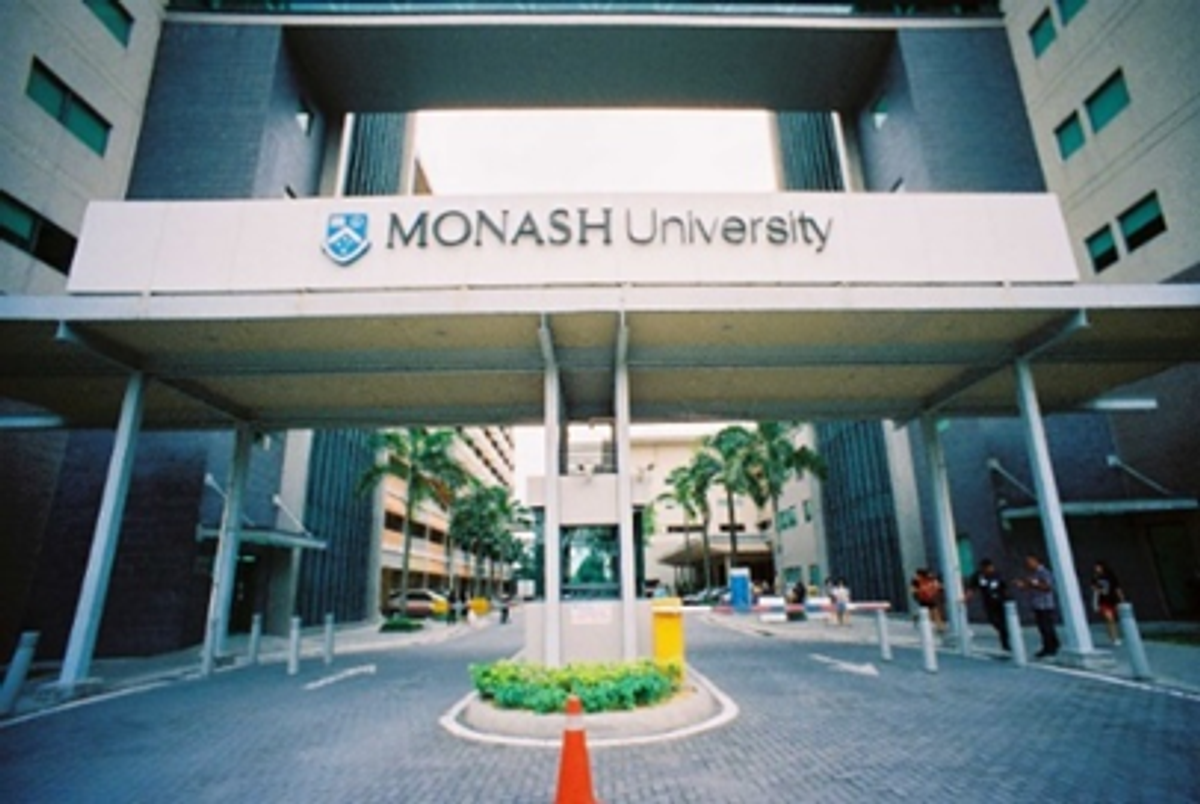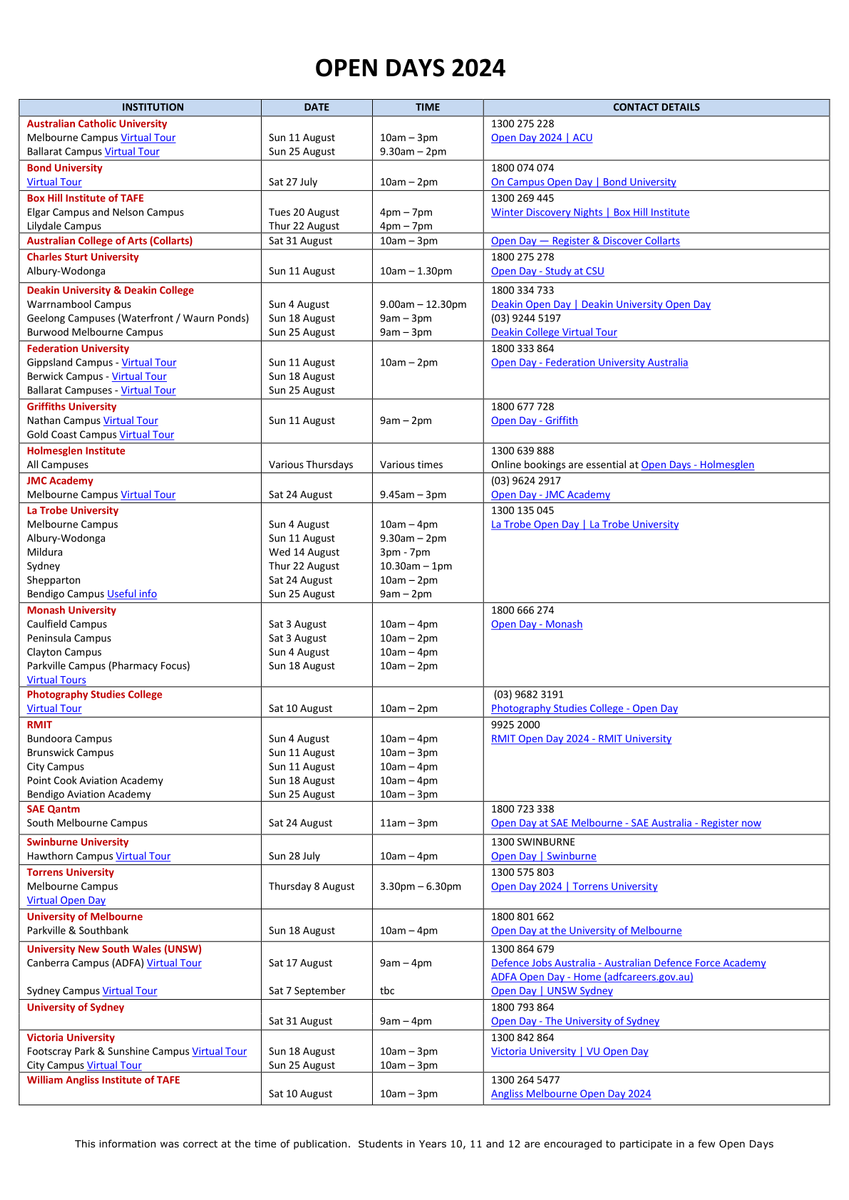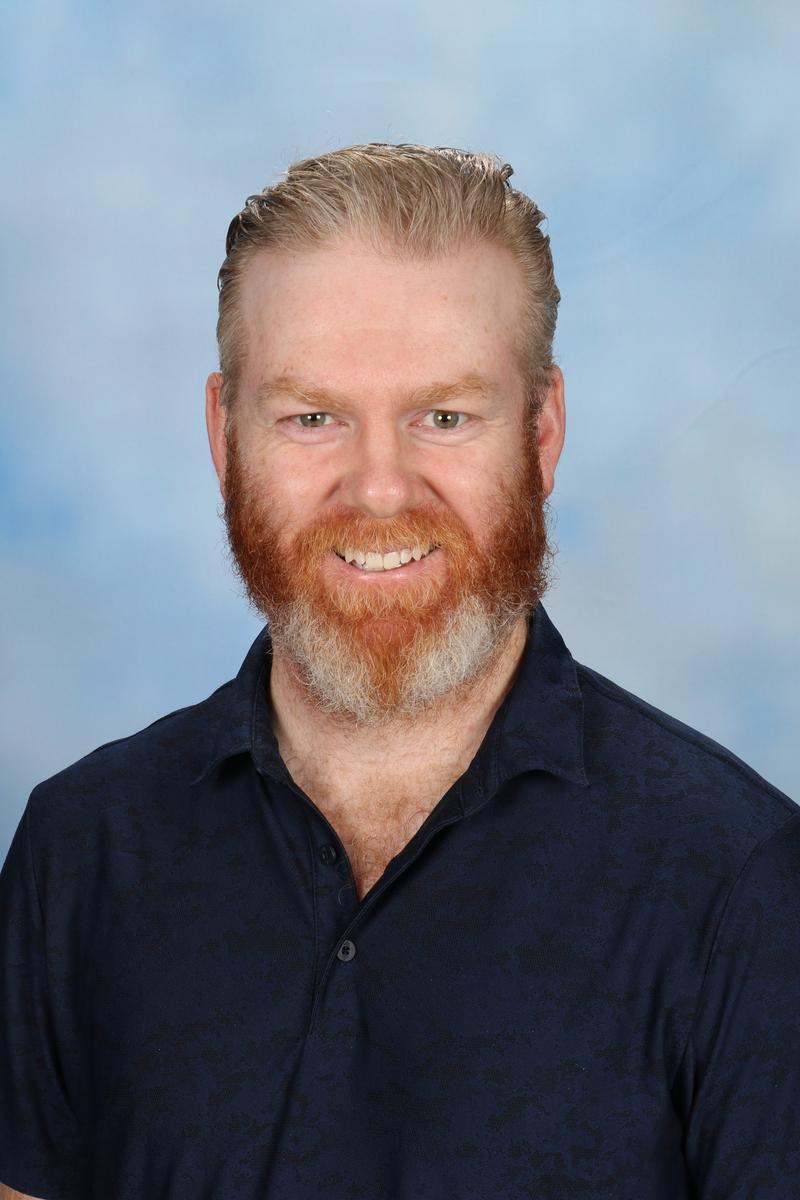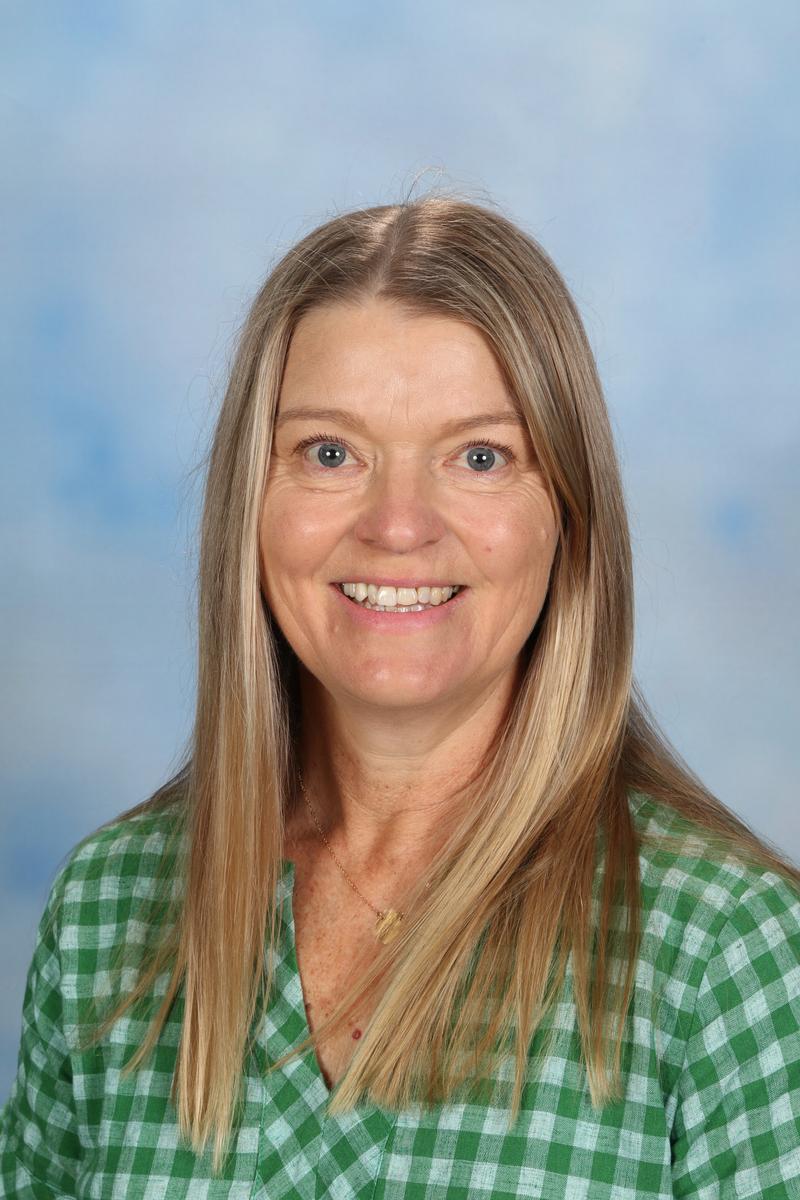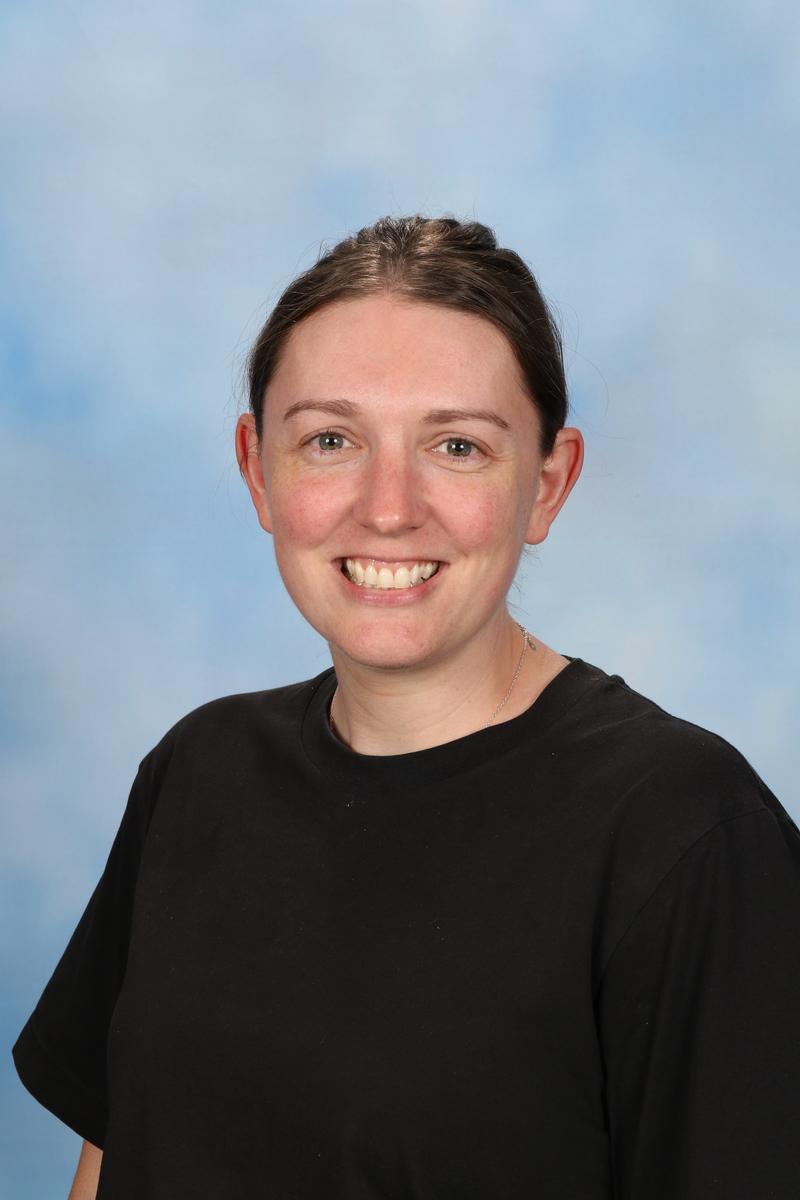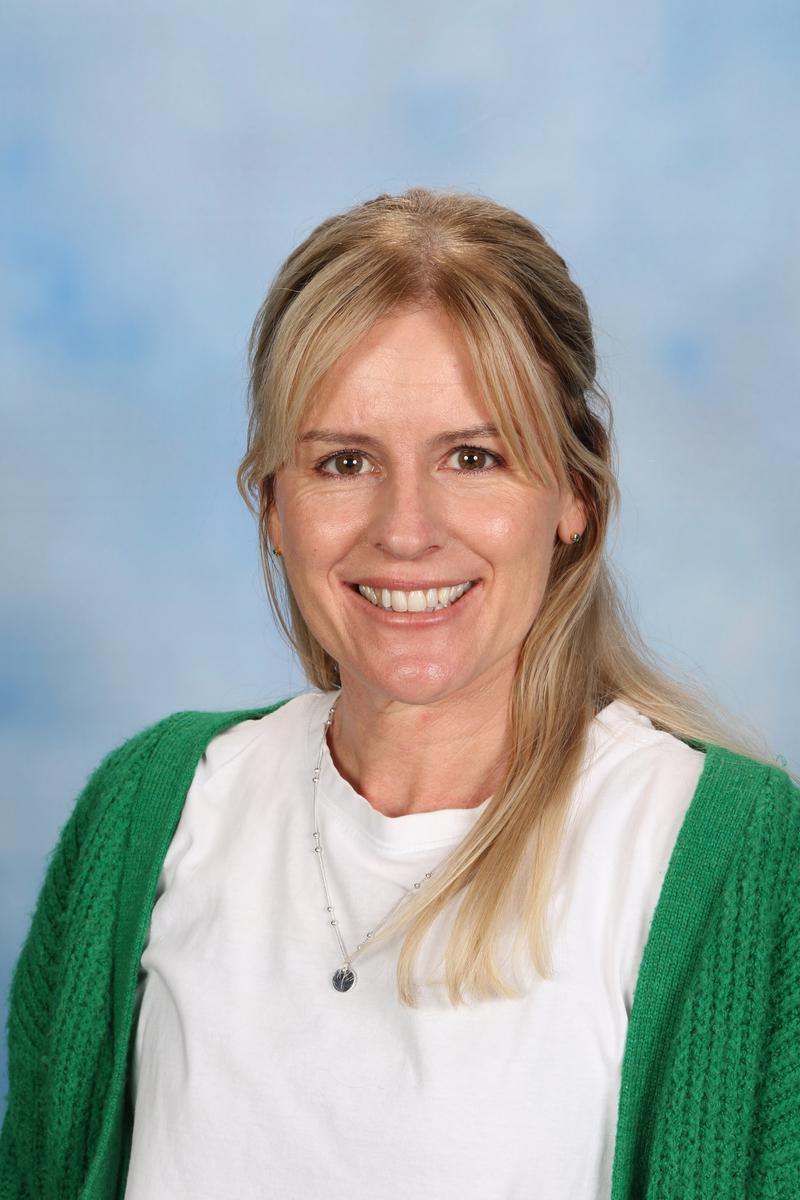Careers & Pathways News

Dates to Diarise in Term 3
- University / TAFE Open Days 2024 – throughout August
- Year 12 VTAC timely applications – throughout August and September
- VTAC SEAS and Scholarship applications – throughout August and September
Melbourne Careers Expo
The Melbourne Career Expo is a comprehensive and exciting careers event, and this free expo encompasses all career opportunities from employment to education and training in the trades, corporate and professional sectors.
Dates:
Friday 26 July, from 1:00pm – 4:00pm
Saturday 27 July and
Sunday 28 July, from 10:00am – 4:00pm
Find out more and register for the free ticket at Home | Melbourne Career Expo.
ACU Guarantee
Guarantee your place at ACU, even before your Year 12 exams. The ACU Guarantee program offers eligible Year 12 students a place at ACU based on your Year 11 results.
While successful applicants must still complete their Year 12 exams, they can do so secure in the knowledge that their marks from Year 11 meet the entry requirements. ACU assesses the Year 11 results submitted and give applicants a predicted selection rank and make an offer before the final VCE exams.
Applicants may also enhance their entry score by including short personal statements that give ACU an insight into their personal circumstances and motivation for university study.
Applications open on Monday 22 July and close on Monday 16 September 2024. Rolling offers will be made from 6 September to 4 October 2024, and these will be conditional to the applicant meeting the VCE prerequisites subjects for the course they have applied for.
Students are encouraged to browse ACU Guarantee and watch a useful video, read through the FAQs, determine which courses are not participating and, importantly, have a good read over the suggestions on how to write the personal statements.
RMIT’s Early Offer Program
Are you a leader in the community, good at problem-solving, a creative thinker or perhaps good at communicating? With an RMIT Early Offer your skills can count towards your dream course, allowing you to be accepted on a lower ATAR and receive a conditional offer before your final exams.
Australian and Permanent Resident students can apply for one course and must apply at the following RMIT link - Early Offer Program. The eligible courses and expected ATAR are also found at this link.
The application process requires students to -
1. Choose one of the following categories:
- Analytical and Critical Thinking
- Leadership
- Communication
- Creative Thinking and Innovation
2. Write a 200-word statement of their experience for their chosen category.
3. Supply supporting documentation verifying their involvement in the category they have written about.
Applications have opened and close on 15 September 2024. The outcome of the application will be released 26 September 2024. The conditional offer will become unconditional should students complete Year 12, meet the course prerequisites, and attain the Early Offer ATAR required.
Visit Early Offer Program to find out more.
News from Bond University
Bond University Scholarships – 2025
Bond University provides a range of awards including full-fee scholarships awarding from $102,240 - $204,480 in value, and part-fee scholarships awarding from $25,560 - $102,240 in value. Most scholarships close towards the end of August, but the four scholarships listed below close on 1 August 2024. These four will pay up to 100% tuition remission.
- Vice Chancellor's Elite Scholarship
- ADCO Sports Excellence Scholarship
- John Eales Rugby Excellence Scholarship
- Riewoldt Family AFL Excellence Scholarship
Details of all scholarships on offer can be found at Scholarships at Bond University.
Applying for 2025 Entry
At Bond, we do things a bit differently to other universities — and that philosophy extends to our application and entry processes. If you are completing Year 12 in Australia this year, apply with your Year 11 and Year 12 Semester 1 results. Offers for current Year 12 students will be made from early September.
Applying is done in three easy steps, and applications are made directly to Bond! Details of how to apply can be found here and browsing the application tips will assist students make informed decisions.
Careers in Journalism
The Good Careers Guide* states that journalists write and edit news reports, commentaries, feature articles and blogs for newspapers, magazines, radio, television, and websites, including online publications.
Good Careers Guide - Journalist*
Successful journalists -
- Are able to write clear, concise, objective and accurate material quickly
- Have good general knowledge
- Are interested in current events
- Are able to speak clearly when working on radio and television
Journalists fulfill a range of duties including –
- Gathering news and information by interviewing people and attending events
- Undertaking research to provide background information for articles
- Assessing the suitability of reports and articles for publication or broadcasting, ensuring they are within an established style and format, and edit as necessary
- Writing articles that comment on or interpret news events, some of which may put forward a point of view on behalf of a publication
- Presenting news on air (television and radio)
Importantly, journalists are required to understand the laws of defamation, contempt, and copyright. They may have to work long and irregular hours and are often under pressure to meet deadlines. Journalists may work indoors and carry out interviews by telephone or may have to work outdoors in all kinds of weather, and travel is often required.
Although the Britannica website is an overseas one, it provides useful links regarding the various types of journalism. It states that journalism is the collection, preparation, and distribution of news and related commentary and feature materials through such print and electronic media as newspapers, magazines, books, blogs, webcasts, podcasts, social networking and social media sites, and e-mail as well as through radio, motion pictures, and television. Where journalism would once have been only related to newspapers, and news on television and radio, today we see news disseminated through many mediums.
Science Degrees in Victoria in 2024
The Bachelor of Science is offered at the following Victorian universities and students are encouraged to visit VTAC for more information on these and other science-related courses.
| UNIVERSITY | VCE PREREQUISITES | ATAR 2024 |
M – Melbourne campus G – Waurn Ponds campus | Units 3 and 4: a study score of at least 25 in English (EAL) or at least 20 in English other than EAL. | 62.05 (M) 60.20 (G) |
FEDERATION Science
B - Berwick Gi – Gippsland campus Mt H – Mt Helen campus | Units 3 and 4: a study score of at least 20 in any English; Units 3 and 4: a study score of at least 20 in one of any Mathematics or any Science.
| 60.70 (B) n/p (Gi) 57.35 (Mt H) |
| Units 3 and 4: a study score of at least 30 in any English; Units 3 and 4: a study score of at least 30 in two units (any study combination) of Maths: Mathematical Methods or Maths: Specialist Mathematics or at least 30 in one of Biology, Chemistry, Environmental Science, Geography, Physics or Psychology. | n/p (B) n/p (Gi) n/p (Mt H) | |
M – Melbourne campus B – Bendigo campus | Units 3 and 4: a study score of at least 25 in English (EAL) or at least 20 in English other than EAL; and a study score of at least 20 in any Mathematics. | 65.55 (M) 70.50 (B) |
MONASH
C – Clayton campus R.C. – Range of Criteria | Units 3 and 4: a study score of at least 27 in English (EAL) or at least 25 in English other than EAL; Units 3 and 4: a study score of at least 25 in one of Biology, Chemistry, Environmental Science, Geography, Maths: Mathematical Methods, Maths: Specialist Mathematics, Physics or Psychology. | 82.00 (C) |
| Science Advanced – Global Challenges: Units 3 and 4: a study score of at least 35 in English (EAL) or at least 30 in English other than EAL; Units 3 and 4: a study score of at least 30 in one of Biology, Chemistry, Environmental Science, Geography, Maths: Mathematical Methods, Maths: Specialist Mathematics, Physics or Psychology. | R.C. (C) | |
| Science Advanced – Research: Units 3 and 4: a study score of at least 35 in English (EAL) or at least 30 in English other than EAL; Units 3 and 4: a study score of at least 30 in Maths: Mathematical Methods; Units 3 and 4: a study score of at least 30 in two of Biology, Chemistry, Environmental Science, Geography, Maths: Specialist Mathematics, Physics or Psychology. | 93.15 (C) | |
C – City campus | Units 3 and 4: a study score of at least 30 in English (EAL) or at least 25 in English other than EAL; Units 3 and 4: Units 3 and 4: a study score of at least 20 in one of Maths: General Mathematics, Maths: Mathematical Methods or Maths: Specialist Mathematics. | 70.05 (C) |
H – Hawthorn campus ** Professional degree | Units 3 and 4: a study score of at least 30 in English (EAL) or at least 25 in English other than EAL; and a study score of at least 20 in any Mathematics. | 57.35 (H) 75.35 (H) ** |
**New from 2024 with the same VCE prerequisites as the B Science P – Parkville campus | Science:Units 3 and 4: a study score of at least 30 in English (EAL) or at least 25 in English other than EAL; and a study score of at least 25 in one of Maths: Mathematical Methods or Maths: Specialist Mathematics; and a study score of at least 25 in one of Biology, Chemistry or Physics. --OR-- Units 3 and 4: a study score of at least 30 in English (EAL) or at least 25 in English other than EAL; and a study score of at least 25 in both of Maths: Mathematical Methods and Maths: Specialist Mathematics.
** Bachelor of Science (Nuclear-Powered Submarine Student Pathways) Nuclear-Powered Submarine Student Pathways | 87.00 (P) 89.80 (P) ** |
FP – Footscray Park campus*Not Foundation Maths | Science - Biotechnology, or Ecology and Environmental Management: Units 3 and 4: a study score of at least 25 in English (EAL) or at least 20 in English other than EAL; Units 3 and 4: a study score of at least 20 in any Mathematics*. | n/p (FP) |
Snapshot of Monash University in 2024
- Named after engineer, military leader and public administrator Sir John Monash, Monash University was established in 1958.
- Monash University became a founding member of the Group of Eight universities in 1999.
- Monash ranks in the top 1% of world university rankings and ranks #42 in the 2024 QS World Rankings - Rankings. Notably, Pharmacy at Monash is ranked #2 in the QS World Subject Rankings in 2024, with Harvard at #1.
- Monash has over 77,000 students, with an international presence in Malaysia, Indonesia, China, India (a research partnership), and Italy, besides its campuses in Australia - locations.
- Monash University is the only Victorian university to offer a Direct Entry medical program for students completing Year 12 as well as a Graduate Entry program leading to the same degree – Bachelor of Medical Science and Doctor of Medicine (MD).
- There are ten Monash Faculties offering hundreds of courses, be they single or double undergraduate degrees, or graduate qualifications up to a PhD.
- Monash has a number of student-run clubs and associations - a great way to get involved and meet people - Monash Clubs and Associations.
- Career Connect is the Career Centre available to all Monash students. Students can access the many services offered – be it for volunteering, part-time jobs, assistance with applying for work on graduation, etc.
- The Monash Study Abroad program assists students in studying overseas as part of their course. Monash has exchange agreements with more than 160 universities across 35 countries.
- Monash offers more than 200 different scholarships for new and current students, from course fee subsidies to travel allowances, and payments for accommodation costs - Scholarships.
- The Monash Guarantee is an alternative entry scheme for students to get into a Monash course even they do not reach the course’s clearly-in ATAR. Students may be eligible for the Monash Guarantee if they:
- have experienced financial disadvantage
- live in a low socio-economic area
- are an Indigenous Australian
- attend a Monash under-represented school
- Monash Residential Services assists students in finding accommodation on campus, and off campus.
Snapshot of Monash University – Peninsula in 2024
- Monash University’s Peninsula Campus specialises in nursing, physiotherapy, paramedicine, occupational therapy, education, and business administration courses.
- There are approximately 4,500 students studying at the Peninsula Campus.
- The Peninsula campus has a very vibrant campus life and is connected to the Clayton Campus through shuttle buses that run between the campuses every day.
- There are three faculties offering courses at the Peninsula Campus: the Business Faculty, Education Faculty, and the Medicine, Nursing and Health Sciences Faculty.
- Courses offered at the Peninsula Campus include -
Business and Economics
Bachelor of Business Administration
Education
Bachelor of Education (Honours) in Early Childhood and Primary Education
Bachelor of Education (Honours) in Primary Education
Bachelor of Education (Honours) in Primary and Secondary Health and Physical Education
Bachelor of Education (Honours) in Secondary Health and Physical Education
Medicine, Nursing and Health Sciences
Bachelor of Nursing and Midwifery (Honours)
Bachelor of Occupational Therapy (Honours)
Bachelor of Physiotherapy (Honours)
* Also offered at the Clayton Campus
Monash University offers an excellent Diploma of Tertiary Studies (DoTS) pathway program into a few of its undergraduate degrees. The pathway programs offered at the Peninsula Campus are:
Diploma of Tertiary Studies – Business: Upon successful completion of the DoTS - Business stream students can apply to enter into the second year of the Bachelor of Business Administration (Peninsula) OR the Bachelor of Business (Caulfield) depending upon their mathematics preparation, and their average marks in the DoTS program.
Diploma of Tertiary Studies – Education: Upon successful completion of the DoTS - Education stream students can apply to enter into the second year of the Bachelor of Education (Honours) in several specialisations.
Diploma of Tertiary Studies – Nursing: Upon successful completion of the DoTS - Nursing stream students can apply to enter into the second year of the Bachelor of Nursing at the Peninsula Campus.
Browse and learn more about studying at the Monash University Peninsula Campus.
Group Training & Apprenticeship Employment Expo
Students (or families) interested in exploring a School-Based Apprenticeship as part of their VCE are encouraged to consider attending this Expo.
2024 Open Days
Getting the most out of an Open Day
Most institutional Open Days are held in late July and August (see Open Day dates). However, you are more than welcome to contact an institution to arrange a visit any time.
What happens on an Open Day?
On Open Day you can visit an institution when it’s at its best. Everyone is there – academics, lecturers, current students, and information officers. More importantly, you can talk with academics, lecturers, and current students about what certain courses are actually like, and what is required to get into them.
Who should attend an Open Day?
Anyone who is considering studying at a tertiary level in the next few years should attend.
Why should you attend an Open Day?
Apart from the opportunity to obtain course information there are many other reasons why attending an Open Day is a good idea:
- You are going to feel more comfortable arriving at a university or TAFE institute on the first day of classes if you have been there before.
- What is really involved in the course or courses you are interested in?
- If you have to move away from home, where are you going to live
- Will you be happier studying in a large metropolitan institution or a smaller, perhaps rural institution?
- What does the place ‘feel’ like? Is it a bustling environment with lots of activity or a quieter, more relaxed campus set in landscaped grounds?
- How are you going to get there? Is it close to public transport or should you start saving now for a car?
If don’t know the answers to any of these questions, then you should attend an Open Day!
How to make the best of Open Days
To make your Open Day visits fun and informative, here are some pointers:
- Write down a list of questions you would like to ask about particular courses.
- Be there early. Crowds tend to develop as the day progresses.
- On arrival, get a map from a central point and ask for directions to the relevant faculties or schools.
- Ask questions!
- Don’t spend the day collecting printed information only. Use the opportunity to speak directly with academics before applications close.
- Introduce yourself to selection officers if you feel it is appropriate, but don’t be pushy.
- Check out the residential colleges, if available. After all, it is you that will be living there.
- Walk around the campus. Have a good look! See what sporting facilities and other services are available.
- Enjoy the visit!
Not everyone can attend every Open Day and various Institutions hold their Open Days on the same date! If you can’t attend an Open Day and you are interested in a particular institution, you may visit at other times. If you wish to speak to a particular person, it is essential to make an appointment first.
Mr Jack Crameri - Careers and Pathways Coordinator
Ms Andy Farrow - Careers Adviser & VET/SWL Coordinator
Ms Stephanie Martin - Careers & Pathways Coordinator
Ms Jody McCarthy - Senior School & Careers Support

